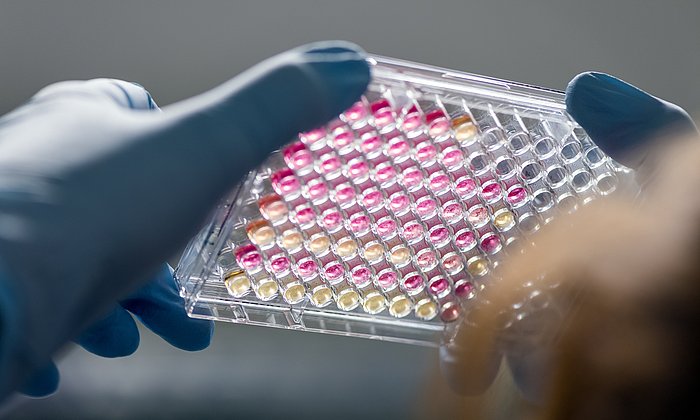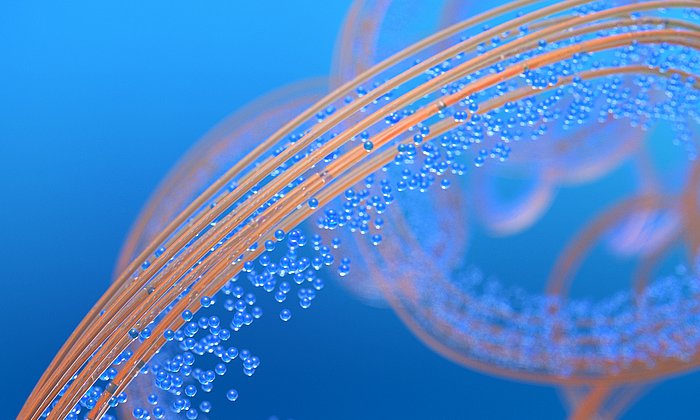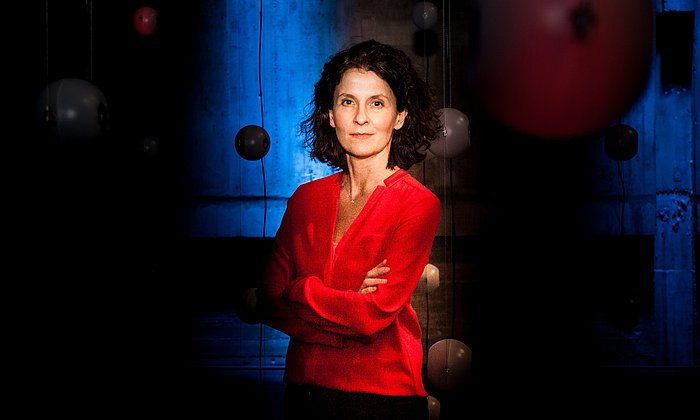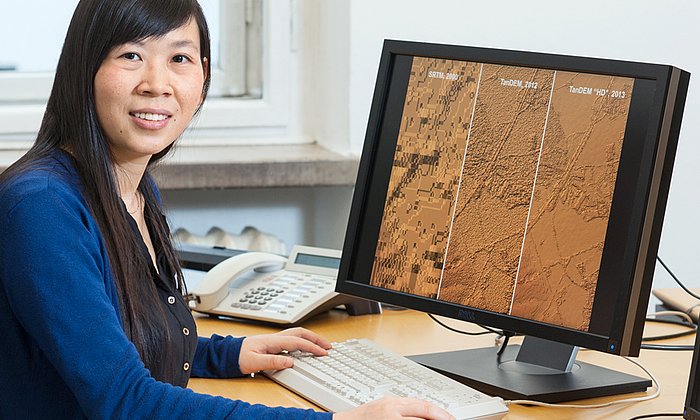EU top funding: ERC Advanced Grants and ERC Proof of Concept Grant for TUM scientists
ERC Grants awarded to researchers from the fields of engineering and biochemistry
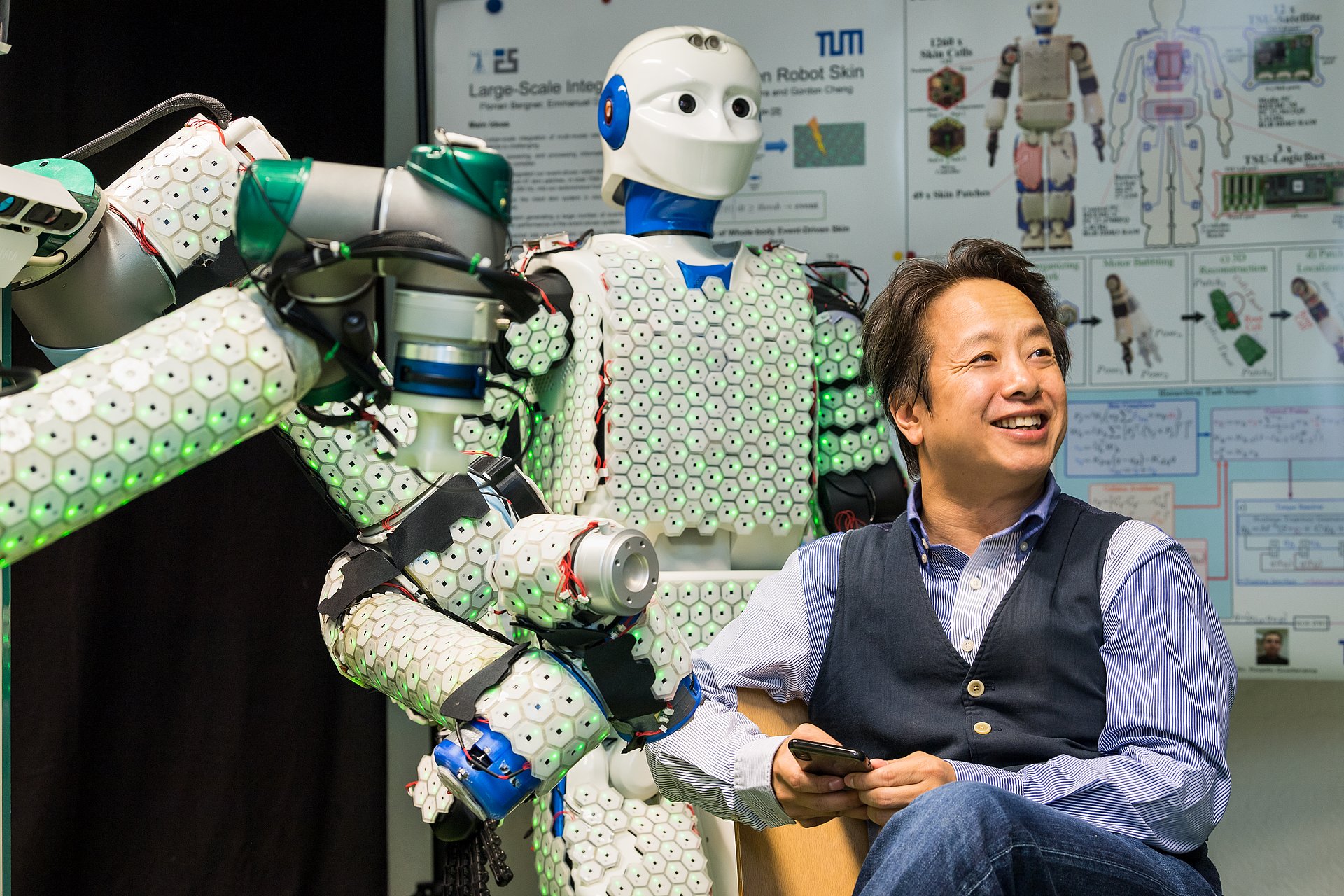
Researchers at TUM have received a total of 185 prestigious ERC Grants to date. The ERC awards grants in various categories every year. Advanced Grants, which are set aside for established, leading scientists with a track record of significant research achievements over the past 10 years, come with up to 2.5 million euros in funding. In addition to the three ERC Advanced Grants, another TUM project has been singled out for a Proof-of-Concept Grant. This form of funding is awarded to scientists who want to see if their ERC research projects can be turned into marketable innovations.
Prof. Dr. Nikolaus Adams
Micromanufacturing enables new possibilities for the production of small components and for surface treatment. In the future, ultrafast fluid dynamics (UFD) will play an important role for high-precision laser-based processes . It can be used to generate unconventional surface patterns and structures that are difficult to realize otherwise. UFD is triggered by focused release of high thermal energy, which initiates a local disturbance of equilibrium of the targeted material. The subsequent relaxation towards a new equilibrium state is characterized by competing dynamics with extreme local state changes. But to what extent can these dynamics be exploited for precision engineering ? This is the driving motivation of the research project "GENUFASD" by Prof. Nikolaus Adams. For the first time, UFD is investigated systematically and with the help of non-empirical prediction methods. Direct simulations as well as new data-driven models are used to understand the complex characteristics of UFD.
Prof. Nikolaus Adams holds the Chair of Aerodynamics and Fluid Mechanics and is also director of the Munich Institute of Integrated Materials, Energy and Process Engineering (MEP). In 2015, he was awarded an ERC Advanced Grant for his project NANOSHOCK.
Prof. Dr. Gordon Cheng
At the 2014 World Cup in Brazil, the official opening kickoff was made by a paraplegic man using a high-tech rigid exoskeleton. Gordon Cheng played a key role in leading the development of that technology for the "Walk Again" project. In the STROLL research project, the goal of the professor of robotics and neuroengineering is now to help people walk again after a stroke or spinal injury with the help of a non-rigid exoskeleton. "Imagine a pair of pants that feels like regular clothing but contains powerful actuators and sensors," Cheng explains. The challenges in the "SofT-exoskeleton to RestOre Locomotion" research project, or STROLL for short, are to develop a soft exoskeleton for people whose lower extremities are partially or completely paralyzed to enable them to walk and to define and test potential applications with patients.
Gordon Cheng holds the Chair of Cognitive Systems, he is also Co-Director of the elite program Neuroengineering and a Principal Investigator with the Munich Institute of Biomedical Engineering (MIBE).
Prof. Dr. Stephan Sieber
More and more pathogens are successfully developing mechanisms to defend themselves against medications which were effective in the past. According to the World Health Organization these multidrug resistant germs, primarily bacteria, constitute a global threat. In the project "Breaking resistance of pathogenic bacteria by chemical dysregulation" (breakingBAC) Prof. Stephan Sieber and his team are looking for new ways to neutralize bacteria which are harmful to people. Until now, antibiotics have primarily attacked and blocked a limited number of bacterial enzymes. Now TUM researchers want to look for new bacterial protein targets and to use molecules they develop themselves to influence the functions of the proteins in such a way that the proteins actively destroy themselves or disrupt other important processes in the microorganism's metabolism.
Prof. Stephan A. Sieber holds the Chair of Organic Chemistry II at the TUM School of Natural Sciences. In addition to other awards, he received an ERC Starting Grant (2010) as well as an ERC Consolidator Grant (2016).
Proof of Concept Grant: Prof. Dr. Xiaoxiang Zhu
Food shortages are an increasing threat to the population in many parts of the world. A qualified assessment of the situation and deductions from it are therefore essential to ensure food security in the affected areas. With her research project "EO4FoodSecurity", Prof. Dr. Xiaoxiang Zhu wants to use data from earth observation and freely accessible sources to better assess earth regions in terms of food security. The geodesist also draws expertise from her previous ERC Starting Grant project "S02Sat", in which she was able to use innovative mapping methods to draw conclusions about the global urbanization. Among other things, AI will be used in the analysis of satellite images to evaluate the data.
Xiaoxiang Zhu holds the Chair of Data Science in Earth Observation and receives her second ERC Proof-of-Concept Grant with "EO4FoodSecurity".
Technical University of Munich
Corporate Communications Center
- Paul Hellmich / Andreas Huber / Stefanie Reiffert / Andreas Schmitz
- paul.hellmich@tum.de
- presse@tum.de
- Teamwebsite
